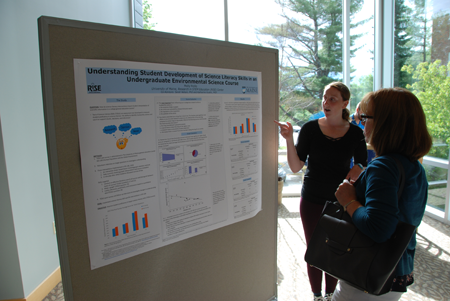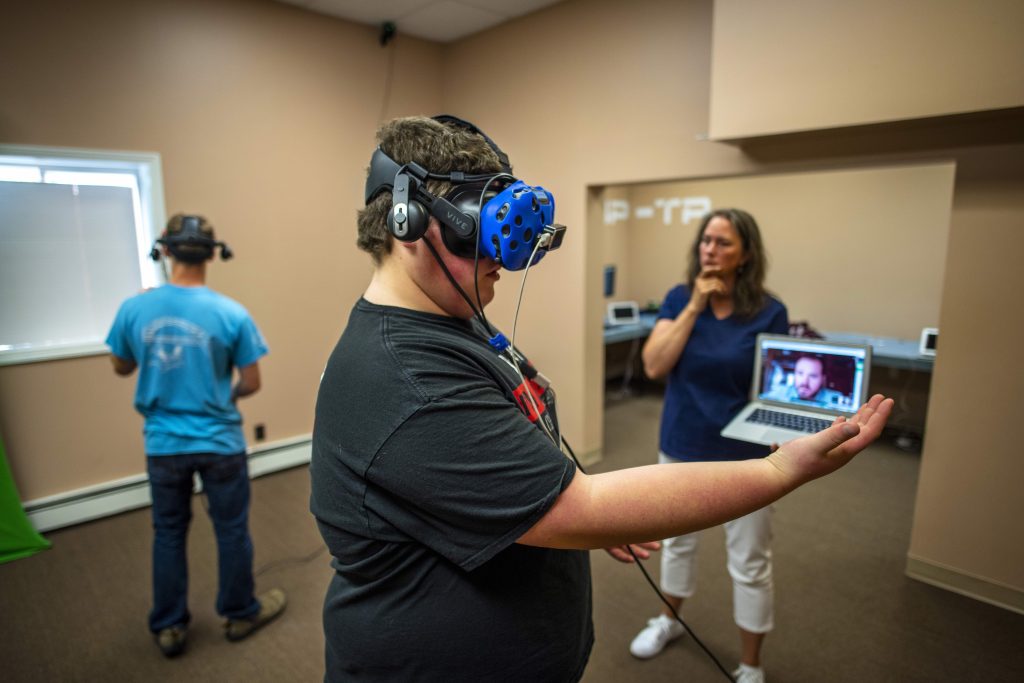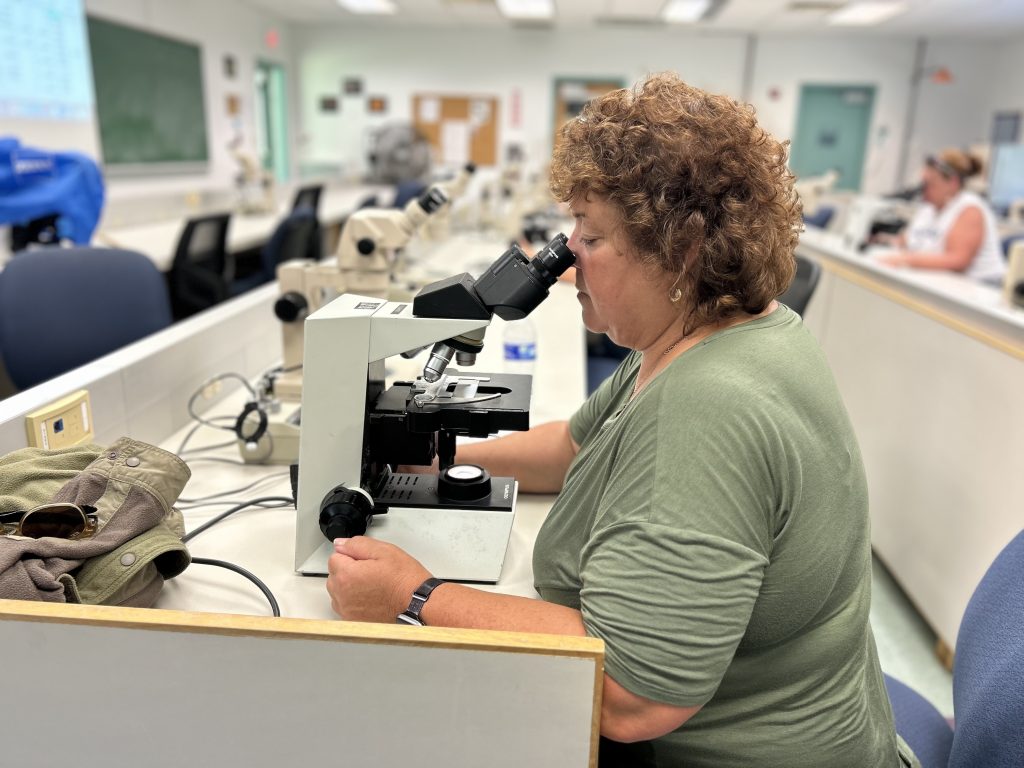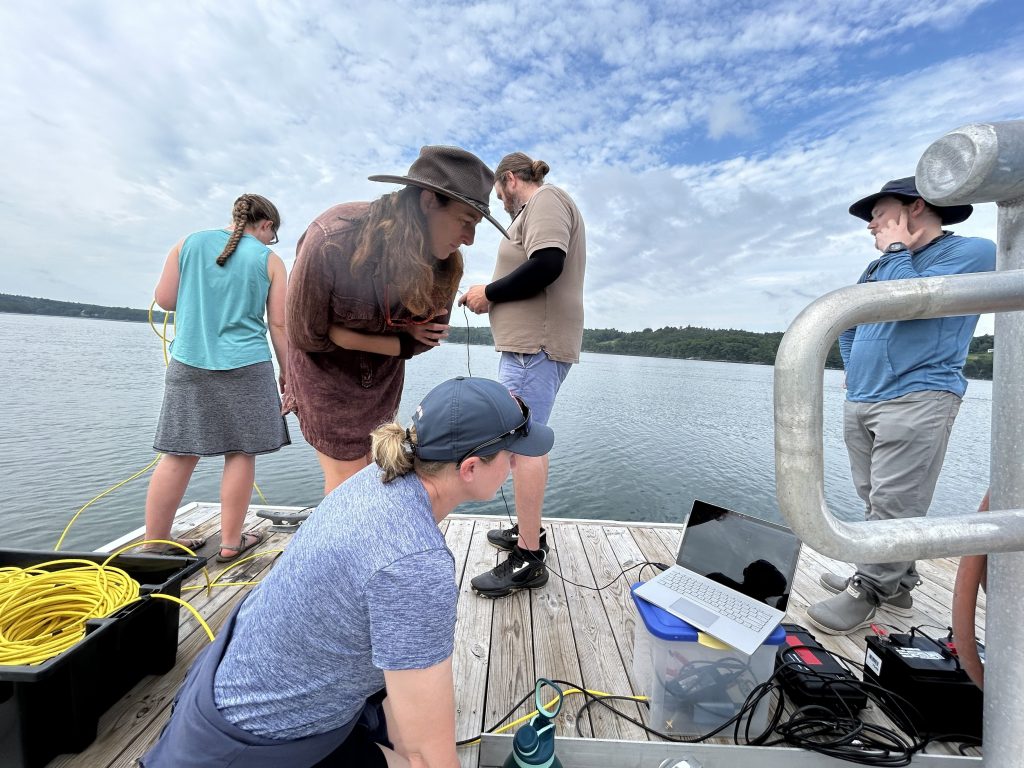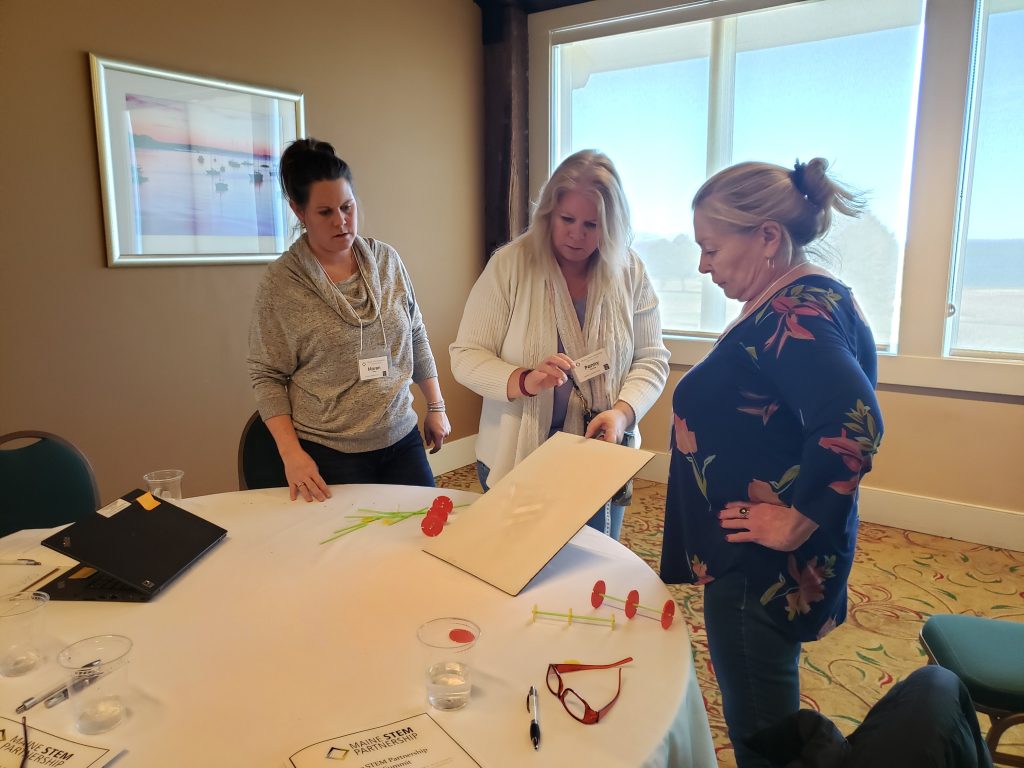Master in Science Teaching
The Master of Science in Teaching (MST) program is designed to strengthen content knowledge through coursework, prepare for a Maine state teaching certification, and deepen knowledge of education research through the completion of a master’s thesis.
Program Highlights
This interdisciplinary program offers a unique blend of science, mathematics, and education coursework, combined with practical, hands-on teaching experience.
As a graduate of the MST program, you’ll be prepared to lead innovative STEM instruction and contribute to the development of future scientists, engineers, and thinkers.
With a focus on both advanced content and pedagogical strategies, the MST program provides the tools to enhance your teaching practices and expand your career opportunities in STEM education.
Current Students:
Find more information about this program on our “Current MST Student” page!
What you can Find on The Current Student Page
Graduates of the University of Maine’s MST program are making significant contributions to the field through their published research. Their work addresses critical challenges and advances innovative teaching practices in STEM education. We are proud of their achievements and invite you to explore their research. Visit our Archive page to read their impactful work and learn more about the exciting developments in STEM education.
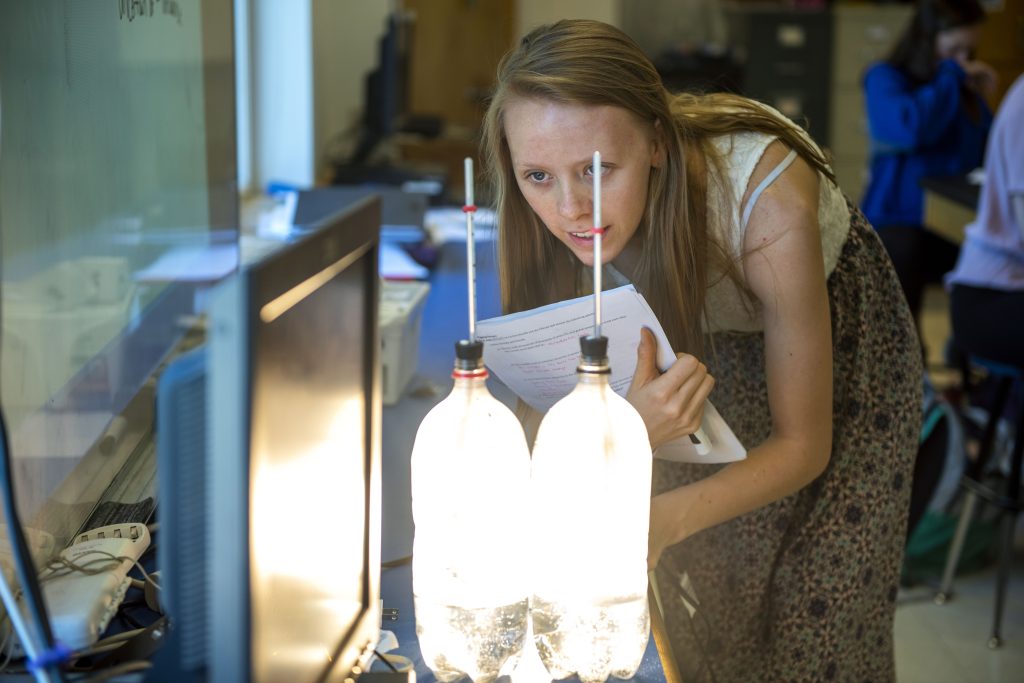
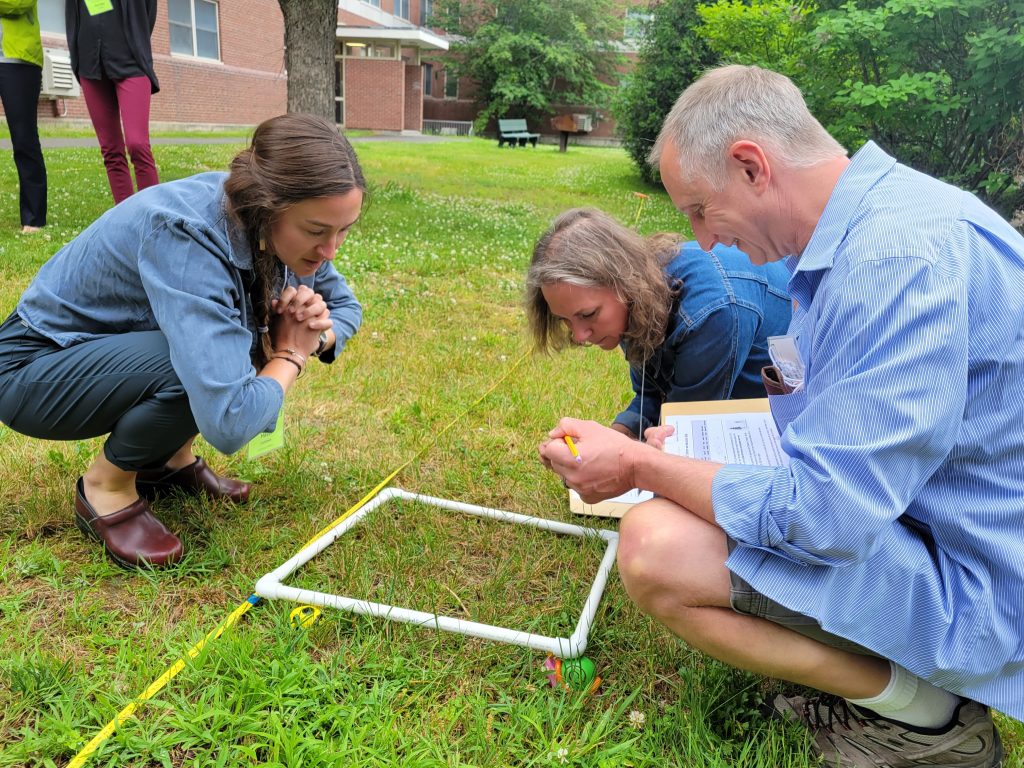
MST students at the University of Maine have the opportunity to work on cutting-edge, grant-funded research projects as part of their thesis work. This hands-on experience allows students to contribute to impactful STEM education research while developing their expertise. In addition, there are opportunities to secure summer funding through these grants, providing valuable financial support and further immersion in the research process. This collaborative environment helps students grow as researchers and educators, preparing them for success in both academic and professional STEM fields.
Program Options
Initial CertificationTrack
For those who wish to become certified to teach life sciences, physical sciences, or mathematics in grades 7–12.
In addition to the core courses, students in this track:
- Take all required PRAXIS exams for their area of certification
- Take a course on adapting instruction for students with disabilities (certification requirement)
- Take one course related to diversity in teaching and learning
- Participate in a 15-week student teaching practicum along with a co-requisite seminar
- Document an experience working with students from groups under-represented in STEM
Non-Certification Track
For those already licensed who wish to increase their content and pedagogical knowledge, those who plan to pursue a PhD in the field of education research, or those who wish to pursue a related career in STEM education that does not require K–12 certification.
Students in this track take the core courses plus 12 additional credits of courses to strengthen their content knowledge and/or research skills.
Program Options: Concentrations
Students choose one of four possible concentrations:
- Physics and Astronomy
- Mathematics
- Earth Sciences
- Generalist (a combination of any of the above concentrations, or for those interested in other science fields such as biology or chemistry)
Each concentration has different prerequisites required to apply to the program.
These concentrations do not directly correlate with the certification areas for K–12 teachers in Maine – rather, they are areas in which the RiSE center has several faculty that specialize in that field. In the program requirements, you will see a core requirement of two teaching methods courses in your area of concentration. These methods courses are taught by faculty with backgrounds in that particular field. Students in the generalist concentration are able to take two required teaching methods courses in any of the three content areas above (or they can mix and match).
Application Process
Application Deadline: Fall & Summer Start
January 15 and then on a rolling basis based on funding.
Application Deadline: Spring Start
November 1 and then on a rolling basis based on funding.
Apply online through the Graduate School application page. Included as part of your online application, you will need:
Please make sure to indicate on your application whether or not you are interested in studying full time, and if you would like to be considered for an assistantship. See Financial Information for more information.
If courses offered in a location other than the Orono campus would be helpful for you, please indicate this preference on your application.
Both full-time and part-time students are encouraged to apply.
Prerequisites
all Applicants
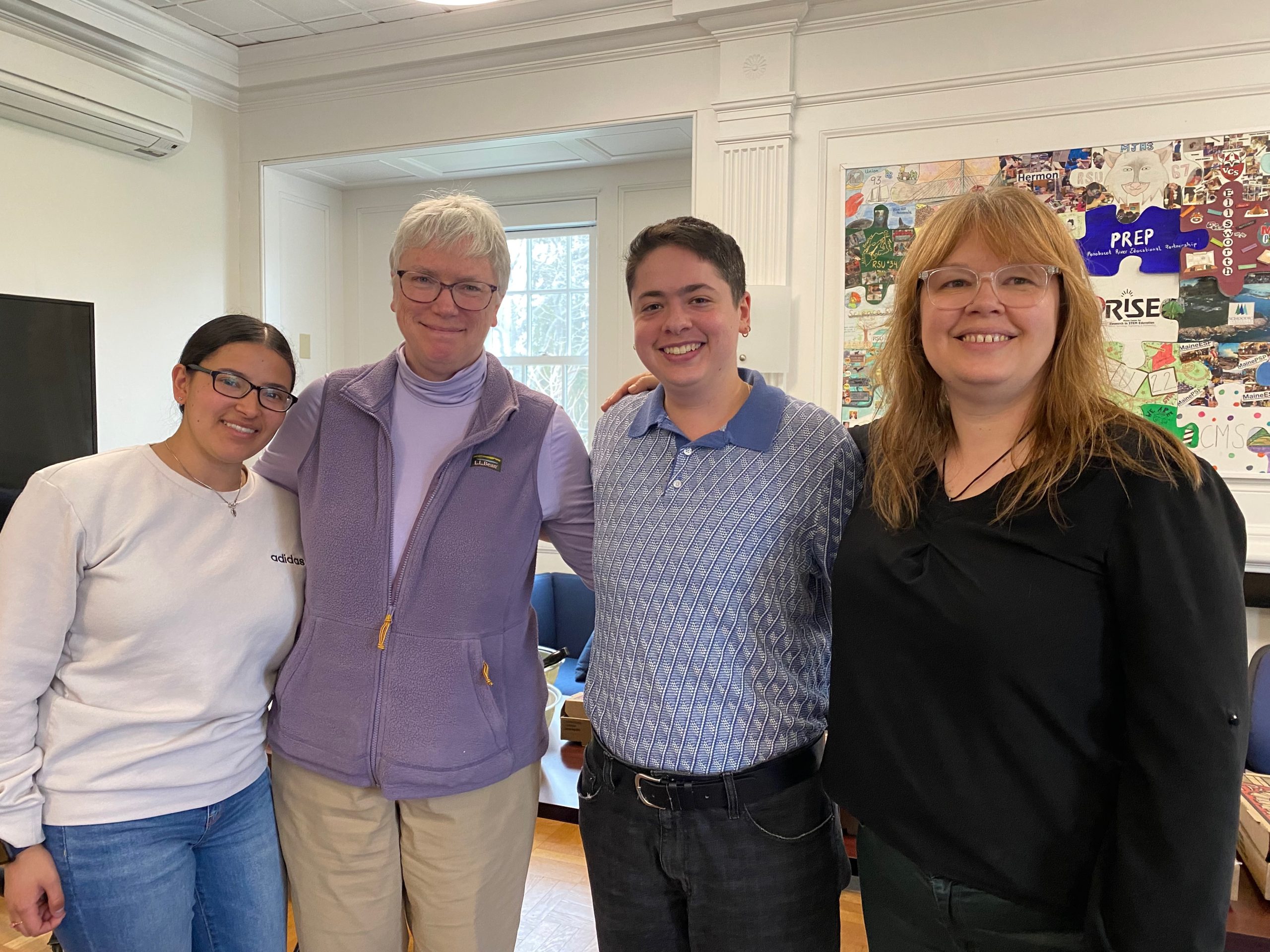
Concentration Prerequisites

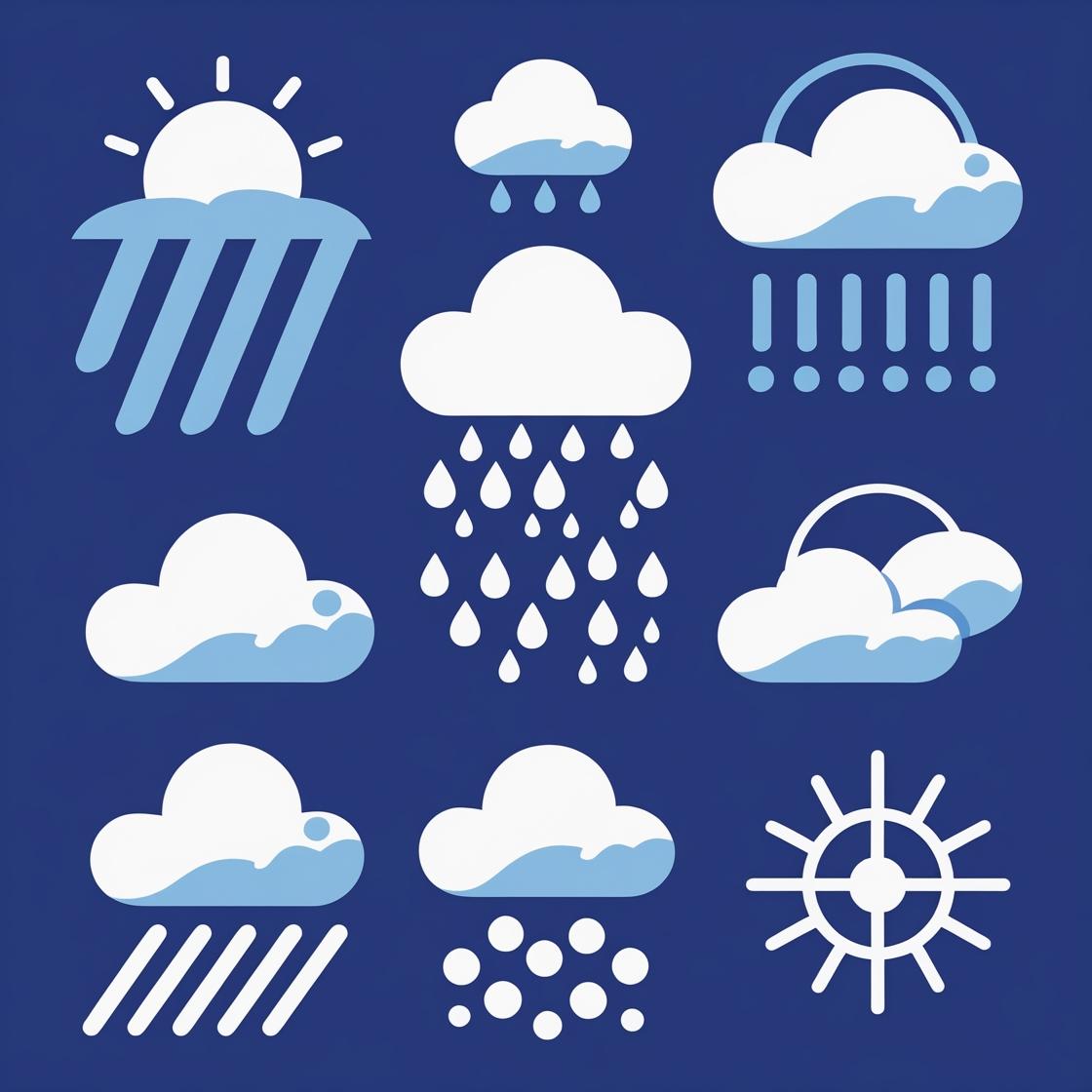

*The GRE requirement is waived for UMaine students who have a minimum GPA of ‘3.0’. If taking the GRE General Test is a financial hardship for you, please contact the MST Graduate Coordinator, for consideration of payment for the test by the RiSE Center.
Course Descriptions

K-12 Classroom Experience
If you have a STEM-related degree or are a professional who wants to become a teacher, but you have not yet had any experience in the K–12 classroom, the MST program provides a variety of opportunities for you to get into the classroom before you graduate.
Course and Thesis Work
- Interactions with K-12 teachers and administrators – MST program seminars provide opportunities to hear from and engage with experienced educators and administrators in an informal setting.
- Observations as part of your coursework – MST program seminars provide opportunities to conduct observations in nearby middle or high schools, which can be a good first peek into the classroom.
- Collaboration with teachers through research – MST students have the opportunity to partner with PK-12 classroom teachers when designing and carrying out education research for their thesis.
15-Week Student Teaching Practicum
All students seeking teacher certification will need to complete a semester of student teaching (15 weeks). Students usually complete their student teaching assignment during their second spring semester of the program. During this program you will be partnered with a mentor teacher who teaches the grade level and subject area for which you are interested in attaining certification. Usually students begin this program by observing the class and learning from your mentor teacher. Over time your role will become more active as you eventually take the lead in instructing the majority, if not all, of your mentor teacher’s classes. Student teaching is a great way to gain classroom teaching experience with the support and guidance of an experienced classroom teacher.
While student teaching you will also be taking a seminar course that is paired with your student teaching experience (SMT 591). During this class you will reflect on your teaching experiences and develop your teaching portfolio. This class meets in the evenings, approximately six times throughout the course of the semester.
Finanical Information
All full-time students in the program are supported by assistantships which provide the following benefits:
- Tuition waiver (up to 9 credits per Fall/Spring semester, up to 6 credits per Summer semester)
- Stipend (see Graduate School for current benefits information)
- Payment for half the yearly cost of the University health insurance
Assistantships are either teaching assistantships, where MST students typically instruct or assist in instructing introductory courses or labs, or research assistantships, where MST students work with a professor to collect, analyze, and/or communicate data on a wide range of education research projects.
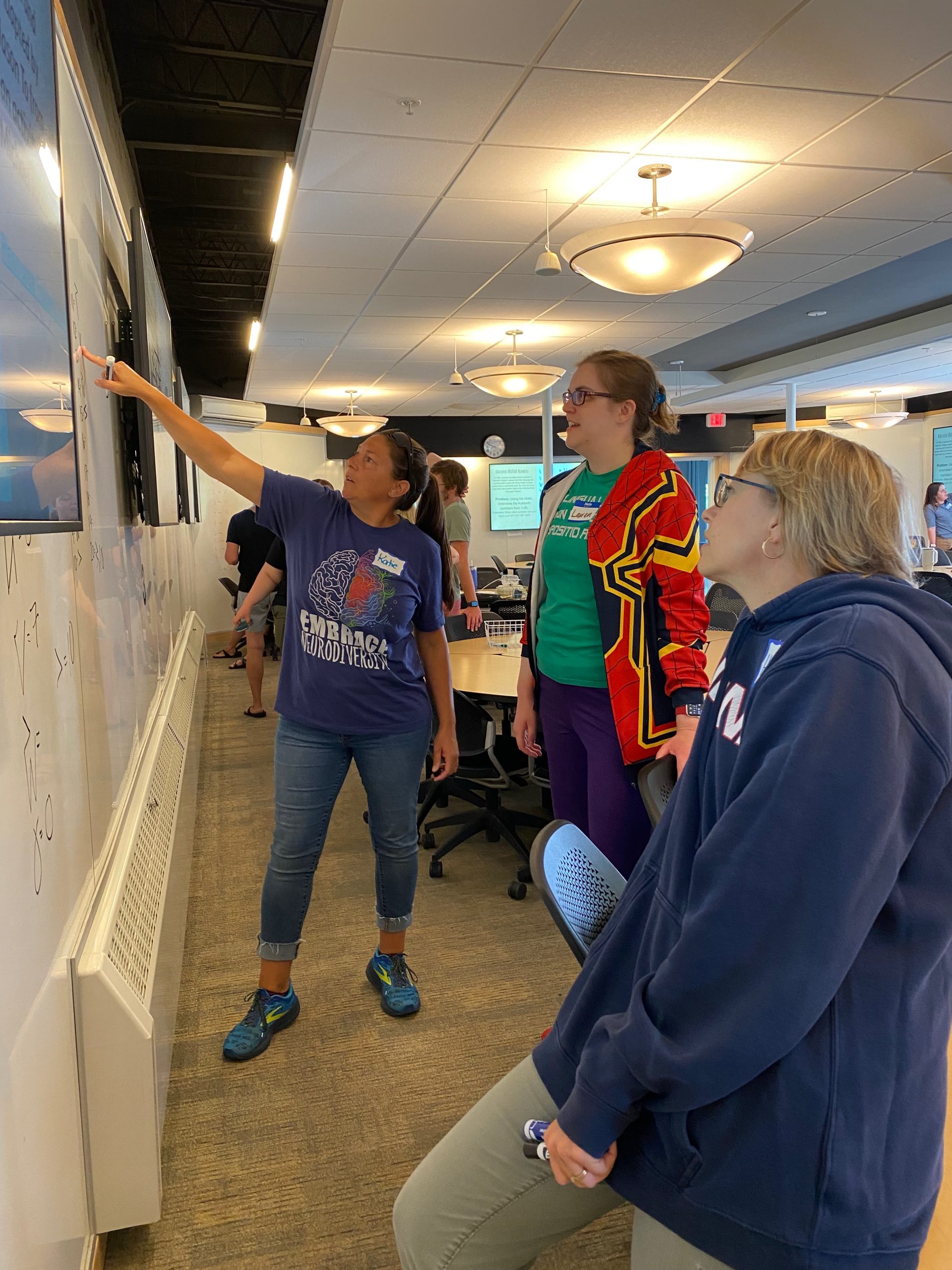
Students are expected to spend 20 hours a week on their assistantship responsibilities. Throughout the course of the MST program, students can expect to hold a combination of teaching and research assistantships. Students are supported by assistantships through the summer, but if they wish can choose to only hold assistantships during the academic year (the stipend will be prorated accordingly).
Part-time students are expected to pay for tuition, which may be covered by a teacher’s local school district or education grant. Because full-time students receive teaching or research assistantships, some teachers might find it beneficial to take a year’s sabbatical and spend it on campus completing part of the requirements for the MST, while being supported by a graduate assistantship.

